This week, guest host Shetal Bravon invites us to share a glimpse of our world in the Lens-Artists Photo Challenge. She writes, “Show us the things you love that makes your world spin or things about your world that make you delirious with joy.” You can find her entire challenge post here.
The opening image is a “selfie”. What better way to share a love for photography and aviation than as an airborne photographer. On the way to a photographic assignment, I spotted the mirror mounted on the wing strut of the plane we were using. The rear seat of this aircraft, equipped with a camera port in the window, is the airborne photographer’s station. I’ve spent many hours at this station doing various volunteer photo assignments over the years.
Regular readers know that given the chance, I will bring up the subject of aviation. Therefore, for this challenge, it took me only a few moments of consideration to determine what I should focus upon. I decided to share a few images that provide a glimpse of my aviation interests. My aviation “career” has always been an avocation, my own personal mid-life crisis that drove me to earn a pilot’s license in my late 40s. It didn’t take me long to learn of a volunteer organization where I could spend time in the air doing a service to the community and gain flying experience as well. The photo above features a Cessna 182, owned by the Civil Air Patrol and operated by volunteer members of the organization.
The Civil Air Patrol (hereinafter referred to as CAP) is a civilian volunteer auxiliary of the United States Air Force. At times we are considered full partners in specific missions for the Air Force, at other times, CAP is involved in disaster relief work with FEMA and other government agencies. CAP operates the largest fleet of single-engine aircraft in the world.
If you don’t pay attention to your charts and GPS, you may find out how you get “pulled over” for being somewhere you don’t belong in a small aircraft. Over the years, one of our missions is working with the Air National Guard in interdiction training. On this sortie, I could see one F-16 quite clearly. Invisible to us, the F-16 on our tail was going through the exercise that in a real interdiction would arm a missile that could “take us out” should it be deemed that we are a threat to persons or property. The photo above is courtesy of Lt Col Jay Manley, (CAP), my colleague on this flight.
Cadet Aerospace Education is a primary mission of Civil Air Patrol and annually CAP provides both powered aircraft and glider rides to cadets to further their interest in aviation careers. Over the years I have given many powered flights to cadets between the ages of 12 and 18. My latest efforts in this program, however, are as a tow pilot. I use a specially equipped Cessna connected by a long rope to a glider. At the appropriate time, the glider pilot disconnects the tow rope from the nose of the glider and the cadet gets a typically 15-20 minute glide back to the airport we just left.
Most of the time, I’m in the tow plane during glider operations, but occasionally I get a front-row seat in the glider. This is the view of the tow plane on the other end of that 250-ft (76 m) rope. That red piece of yarn taped to the canopy is actually a flight control instrument. In more than a century of glider flying, no panel instrument has been developed that is more efficient than this rudimentary yaw indicator. Oh, there are such panel instruments, but they can’t beat the cost or accuracy of a piece of yarn.
The image above is the tow plane that I usually fly. Look carefully at the area below and behind the tail and you will see the tow rope connected underneath the tail. At this moment, the aircraft is in the process of towing a glider having just taken off from the airport where CAP homes the glider we use in North Dakota.
Our work in CAP is not “fun and games” flying. Our missions are serious and require many hours of planning and execution, especially in large missions where large numbers of aircraft are required. Working with FEMA and state agencies, CAP flight crews are tasked with photographing areas impacted by disasters such as hurricanes and floods. In the image above, one of our North Dakota flight crews assigned a specific area to photograph is in the process of briefing on the specific details of their assignment. In the background, other crews are briefing their specific flights as well.
At the aircraft, the crewmembers complete preflight checks for both aircraft and camera equipment. I was pilot-in-command on this sortie, and before starting my specific preflight duty, I captured an image of Casey, our airborne photographer, checking camera operation, and our co-pilot, Shawn, checking the level of engine oil.
Seated directly behind the pilot, upon reaching our target area, Casey opens the camera port and begins his assigned photographic tasks. To capture this image, Shawn took the controls for a few moments while I photographed Casey at work.
In recent years, I’ve been “flying” while remaining on the ground. In 2016, I added a commercial drone pilot rating to my license. CAP has a large fleet of Small Unmanned Aircraft Systems that is becoming a larger part of CAP missions. Those buckets, mounted at angles onto a frame each have a printed “target” inside. To build pilot proficiency, the pilot flies the drone on a prescribed pattern stopping at appropriate points to take a photograph of the target in each one of the buckets. An expert drone pilot can fly the course in about 12 minutes. I still need work at this skill, let’s just say that I clock in at somewhere above 12 minutes.
As this is being written, CAP volunteers are working hard to support state and national agencies in the fight against the Covid-19 pandemic. As of February 17, 2021, members have spent the equivalent of 40,000 volunteer-days on this mission.
Thanks again to Shetal Bravon for allowing me to share a glimpse of my 20-plus years as a volunteer for the Civil Air Patrol. Though I find myself flying a drone more often lately, and I even purchased my own drone for use on my travels, I close this photo essay and challenge-response with a selfie as Shawn, Casey and I prepared for takeoff on our photo sortie. That old man on the right still enjoys “slipping the surly bonds of earth” on a regular basis.
Col John Steiner, CAP

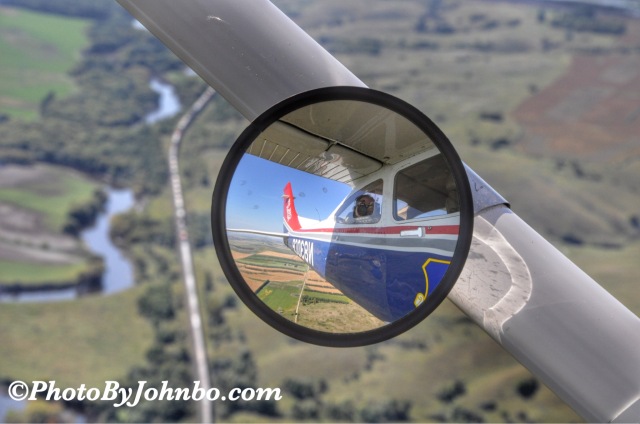


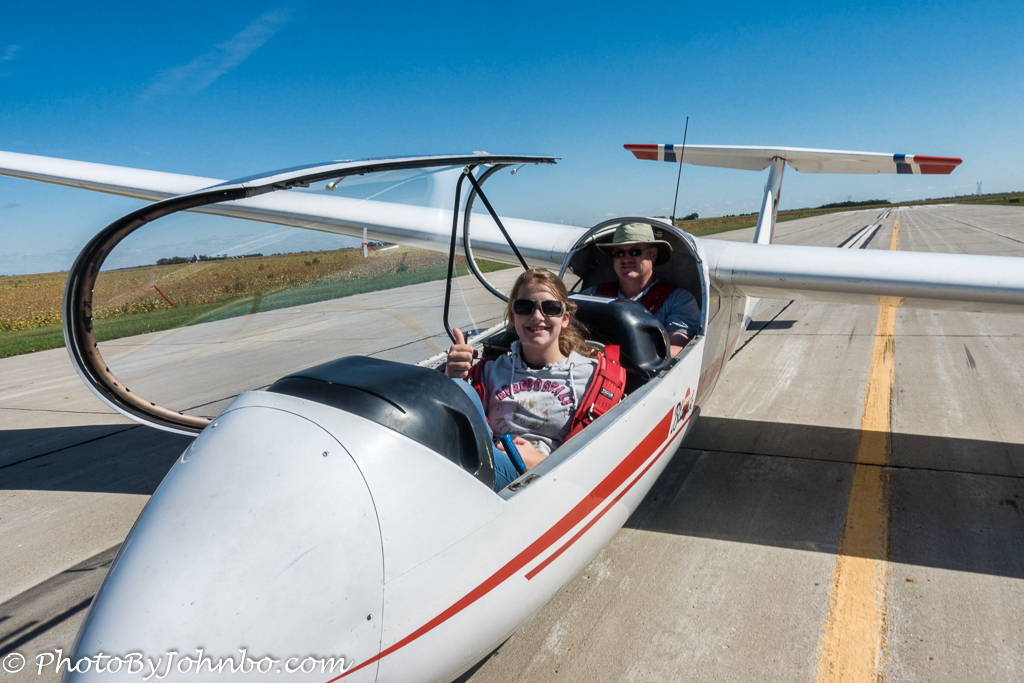

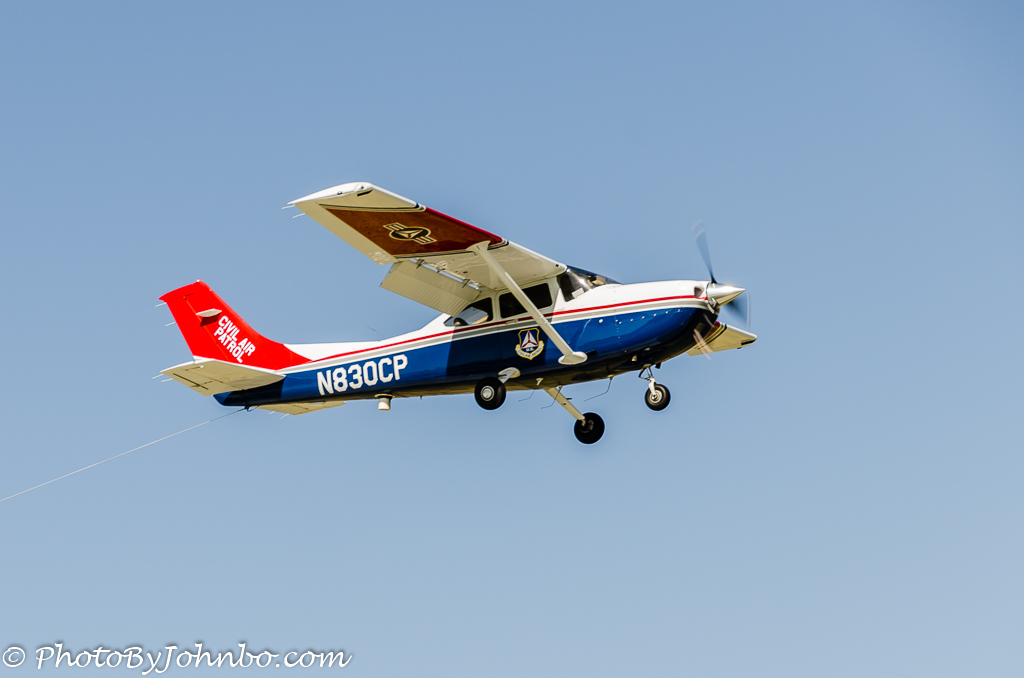
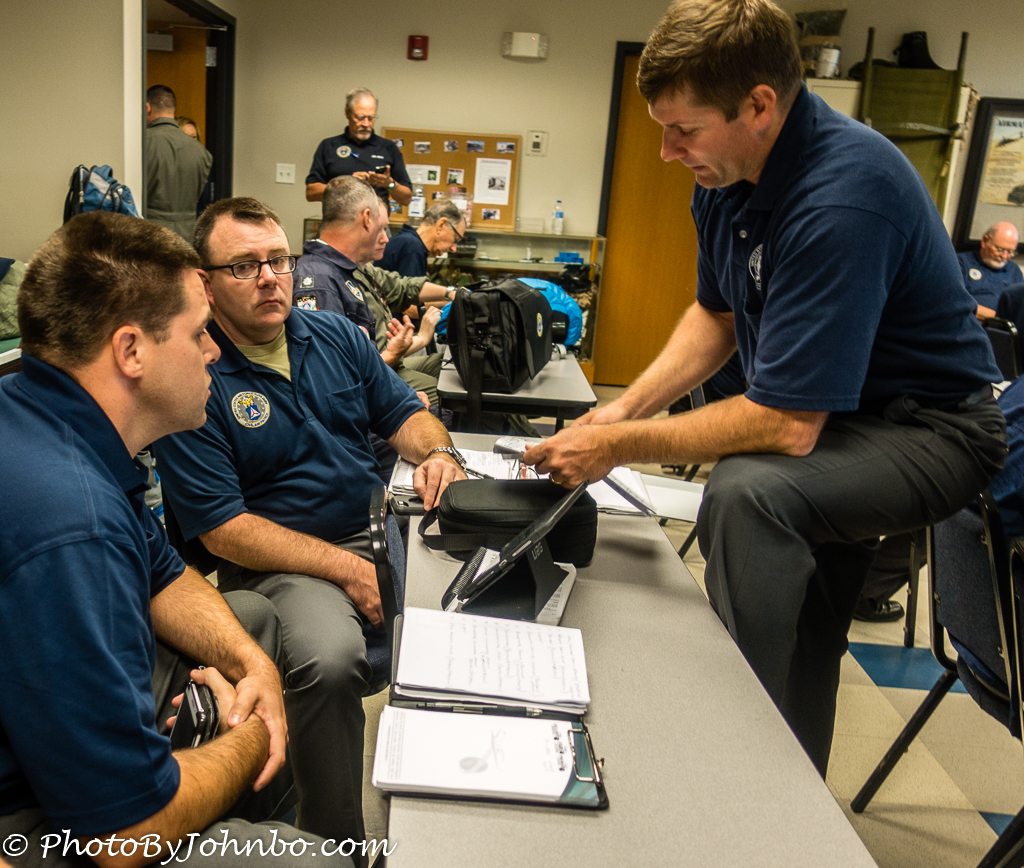


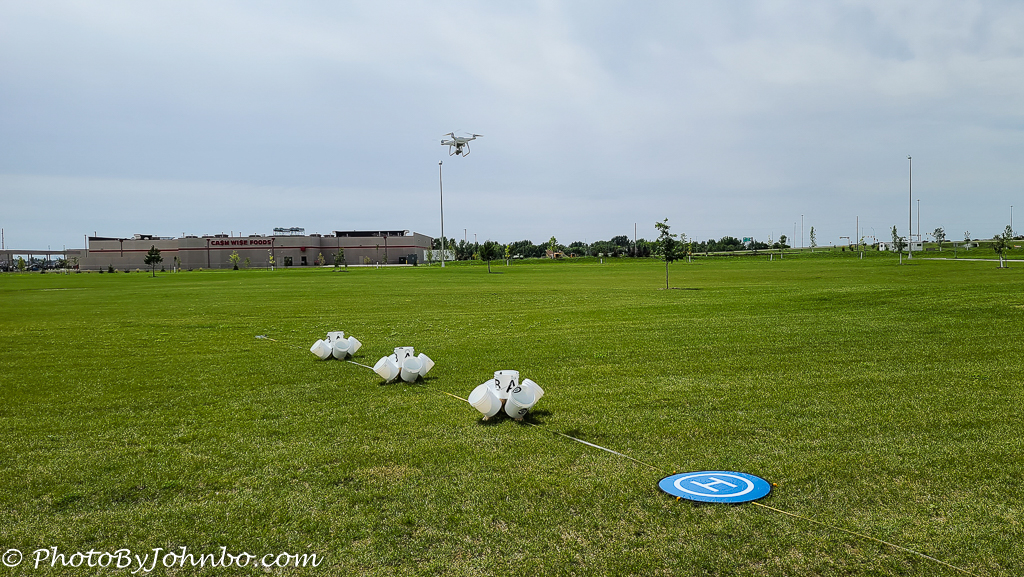

What an exhilarating post, John ! Honestly, it was an eye opener for me. I have a cursory knowledge so reading your interesting tale and the accompanying images were food for thought. Also the opening selfie, the F-16 and the one with the tow line dangling, were simply out of this world. I thoroughly enjoyed the stories you sprinkled in the narrative- the red yarn was unforgettable. Thank you for sharing your world with us.It is fantastic!
Thank you for the kind words and for providing us the opportunity to share a bit of our lives.
Thank you so much for a glimpse into this fascinating part of your world John. It looks so fulfilling and rewarding to be able to contribute in this way and to train others to do the same work too 🤗
I only wish I’d have known about CAP when I kids were young enough to join as cadets.
Always nice to read a well written article by a CAP member highlighting the organization’s mission.
Thanks!
Thank you for volunteering with such a wonderful organization!
Thank you for stopping by and taking the time to read and comment!
Fascinating.
Great and interesting post with awesome photos!
Thank you, my friend!
A wonderful way to combine 2 sets of skills to deliver a much-needed service John – kudos to you for your commitment! I always love your aerial photography and this week is no exception. Nice to learn something along the way as we enjoy your post. A terrific and unique response to this week’s challenge.
Thank you for your kind words!
thanks for bringing us into your world with aviation and outreach
The midlife adventure led to some good things – divine appointment
and my son got a couple of drones last year (upgraded a starter one very quickly because he loved it so much) and so i can see a little of why that has grabbed your focus –
anyhow, I always respect pilots because I feel like they have to have a certain concentration ability and nerves of steel —
🙂
Thanks for reading and taking the time to comment.
Taking on drone photography has added some new challenges to my skill set, but it has broadened the range of images I’ve been able to create.
🙂
Wow. Fascinating and worthwhile endeavors John. Thank you for your ‘service’. (Love the selfie!)
That “service” is a labor of love. Thanks for taking the time to comment.
Than you for sharing your mission with us John. I didn’t know the ages are so young in this program. It must be amazing to glide at 12 years old. My husband went gliding sometime and brought back some photos.
Those cadets really can’t get enough time in the glider. >grin<
I bet, it’s good for these youngsters. Your services are appreciated, John.
I can understand your love for aviation – always love your photography and dedication, John!
Thank you!
Thanks for taking us with you to work, Col Steiner!
Likewise, thank you for sharing your wildlife photos!
I admire pilots. Tt’s such a sophisticated operation, takes both skills and knowledge.
Thank you, John for showing us your aviation adventure and passion. Great post!
Thanks for the compliment! I am happy that people enjoyed the post. Sometimes I wonder if something this specific might be too much off-topic from my usual posts. 🙂
It’s not off-topic at all. Very interesting.
I like your first photo – good composition and focus on one of your passions. Thanks for your service with CAP, John. My brother flew F-15s years ago. My husband worked for Boeing for many years and his family owned three experimental aircraft.
My late coming in life to aviation has introduced me to many people who have aviation careers in their family. I always enjoy “hangar flying” with others who also enjoy telling those flying “war stories.”
Thanks for taking the time to comment!
What a fascinating post, John. Love your story along with your images. Impressive job with its mission and goals.
Thank you, Jane. I appreciate your compliment!!
What an interesting post John. It is easy to see how much you love what you do! Thank you for sharing some of your experiences and photos.
It is a labor of love for me. Thanks for taking the time to read and comment.
This was quite and exciting read. Thanks for sharing, John.
This is a fascinating post, John. I admire all your enthusiasm and dedication to expanding your horizons! My husband and next door neighbor are often in conversations about aeronautical subjects… I’m sending a link to your post to each of them. Thank you for your CAP service.
~Jane
Thank you for the kind words and the shares. I am guilty of being overly enthusiastic about my aviation activities. >grin<
That’s a very good thing!